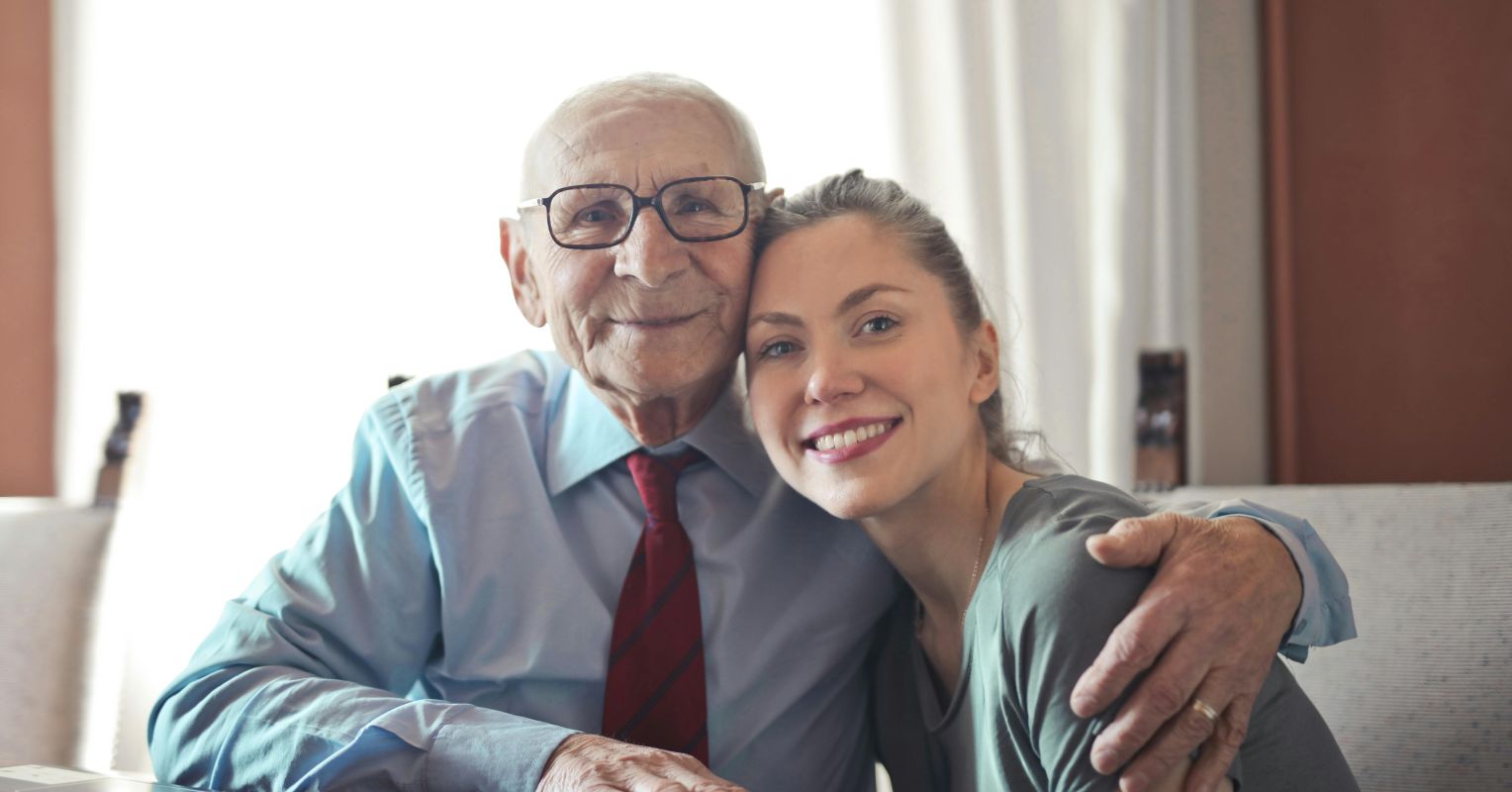
"A Danish study ( Drefahl, 2010) found that men lived longer, if they had a younger female partner. This could be explained by the positive social and emotional effects of having a younger partner, but also potentially by the ability of a younger partner to provide caregiving in later life stages. For example, men with a wife who is 15 years younger them themselves had a 4% reduced chance of dying compared to other men."
"A study from 2024 ( Gottfried and co-workers, 2024) found that the older people get, the more they prefer to have a younger partner. This was true for both men and women, but the effect was stronger for men. For example, 70-year-old men on average preferred 58-year-old female partners. In contrast, 70-year-old women on average preferred 68.5-year-old male partners."
Age gaps in heterosexual relationships typically feature older men, with an average global gap of 4.2 years. Seventy-five percent of men are married to a woman at least one year younger, 10% are younger than their wives, and 15% are roughly the same age. Men who are much younger than their wives are rare. Men experience increased longevity when partnered with younger women, while women have the lowest mortality risk when partnered with same-age men. Preferences shift toward younger partners with age for both sexes, and caregiving plus social-emotional benefits may help explain longevity differences.
Read at Psychology Today
Unable to calculate read time
Collection
[
|
...
]